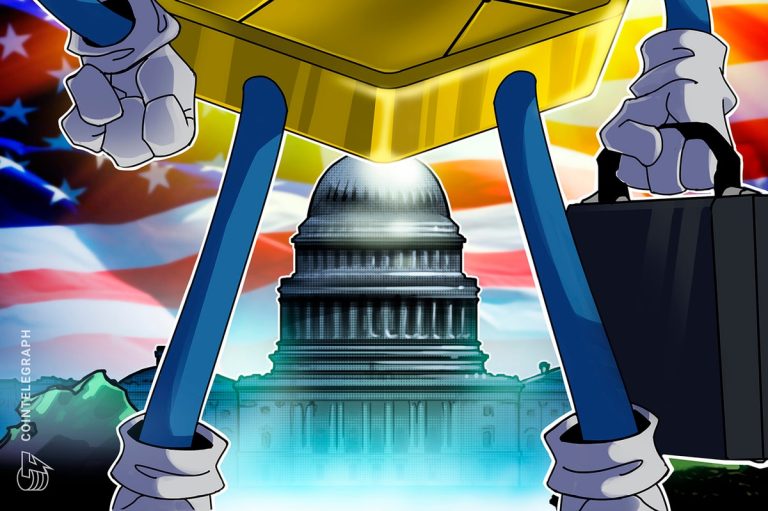The coalition of crypto companies has urged Congress to urge the Justice Department to amend the “unprecedented, overly broad” interpretation of the law used to request crypto mixer developers.
A March 26 letter signed by 34 crypto companies and advocacy groups sent to the Senate Banking Committee, the House of Representatives Financial Services Committee, and the House and Senate Judiciary Committee, states that DOJ’s licensed money transfer businesses “may essentially be prosecuted as criminals.”
The letter, led by the Defi Education Fund and signed by others by Kraken, Coinbase and others, added that the Department of Justice’s interpretation “creates confusion and ambiguity” and “threatening the viability of US-based software development in the digital asset industry.”
The group said DOJ debuted the position “in August 2023 through criminal prosecution.” At the same time, they charged Tornado cash developers Roman Storm and Rome Semenov for money laundering.
Storm is released on bail, pleaded not guilty and hopes to cut down the charges. Semenov, a Russian citizen, is a massive one.
Source: Defi Education Fund
DOJ filed similar charges against Samourai Wallet co-founders Keonne Rodriguez and William Lonergan Hill.
The Crypto Group letter claimed that two sections of the US code define “Remittance Business”, title 31 section 5330, who must obtain a license, title 18 section 1960.
The 2019 guidance from the Ministry of Finance’s Financial Crime Enforcement Network (FINCEN) provided examples of activities that transport money, adding that “the developer does not run a ‘retransmitting business’ if the software developer never acquires ownership or control of customer funds.”
The letter argued that the definition of DOJ sending money under Section 5330 had no relation to determining whether or not it operates an unlicensed “remittance business” under Section 1960 of 1960 despite the “intentional similarity” of both sections and Fincen guidance.
Related: Hester Perth asks for “bake in ‘crypto regulation” to create sec rules
The group accused the DOJ of ignoring part of the Fincen guidance and law, pursuing a unique interpretation of the business that transfers money when it claims Storm and Semenov.
They said they saw the outcome “two separate US government agencies with conflicting interpretations of “money transmission” as unclear and unfair positions for law-abiding industry participants and innovators.”
The letter stated that if not addressed, the Department of Justice interpretation would cause non-mandatory software developers to “be criminally liable within the reach of the US.”
“The resulting and very reasonable fear among developers will effectively end the development of these technologies in the US.”
In January, Michael Lewellen, a fellow at the Crypto Advocacy Group Coin Center, sued Attorney General Merrick Garland, declaring the planned release of non-mandatory software as a legal declaration, preventing the DOJ from using the remittance law to indict him.
Lewellen said the DOJ “started criminally prosecuting people to release similar cryptocurrency software.”
Magazine: Max Berwick meets a lawyer – “An ambulance tracker Crypto”




